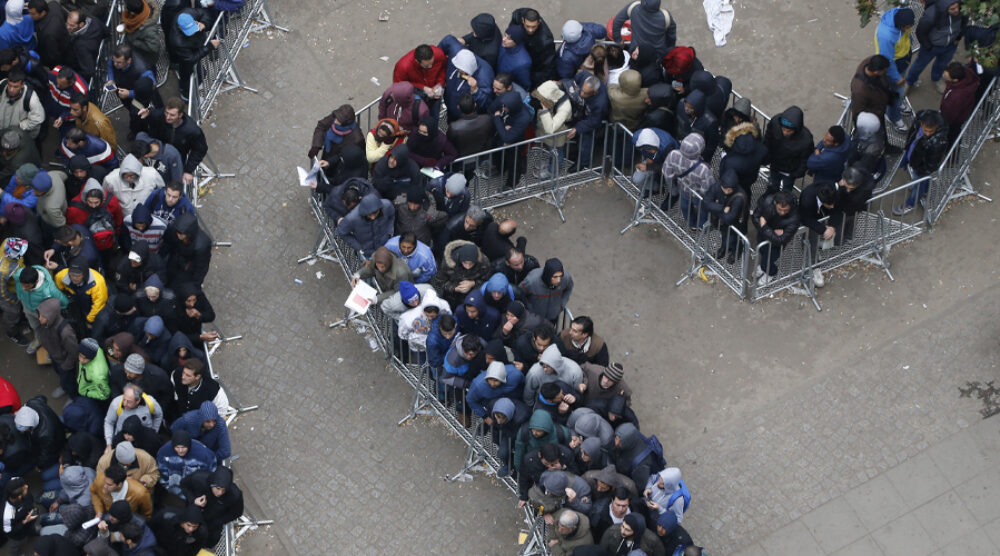While it is widely accepted that people produce and organise spaces aiming at particular outcomes, the effects of produced and organised spaces and how space organises people and things, remain under-researched.
This view helps to understand and deal with the emergent, fluid and unexpected character of organisational life. In practical terms it might help, for example, marketing practitioners to realise how apps may frame customers and, how customers may manipulate apps outcomes generating new unexpected outcomes; managers to appreciate how organisational space can frame employees’ creativity and, how employees’ creativity can change the same organisational space that created them, triggering emerging consequences.
An international team of collaborators including Dr Gustavo Guzman from the Department of Business Strategy and Innovation, Franck Cochoy (Toulouse Jean Jaurès University, France) and Andreas Diedrich (University of Gothenburg, Sweden), are developing an edited volume in which they elaborate on the agency of space and organising. They have secured a contract with Edward Elgar, an A ranked publishing house.
Building on Michel Callon’s theory of agencement, they develop the notion of spatial agencing, explaining how assemblages of people and things configure space, and how space configures the same assemblages that created it.
Individual chapters explore spatial agencing in a variety of cultural, social and temporal contexts. Chapters have been grouped into three themes:
- Virtual spaces such as apps agencing users and vice-versa;
- Global/local spaces such as integrating migrants in composite spaces, reconfiguring space and human agency in a Swedish protestant mission station, Lower Congo. 1881–1924); and
- New ways of working such as accounting and economics performing organisational spaces, space and privilege in the workplace, and creative work and organisational spaces.
The proposed volume will contribute to organising theory by amplifying the understanding of the role played by space in organising; agencing theory by expanding the understanding of space production and reproduction and; to the studies of politics and power by looking at the political implications generated through and by the agency of spaces.
If anyone interested in this theme, please contact Dr Gustavo Guzman at [email protected].






